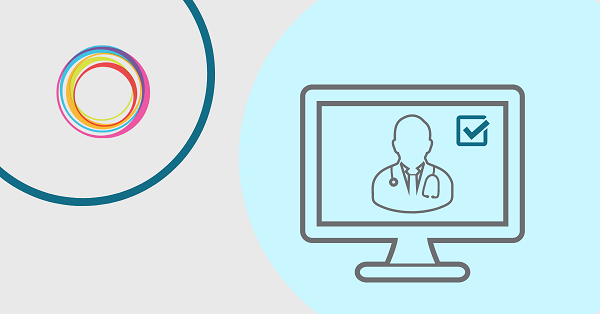Patient trust is one of the end goals of the credentialing process and plays a significant role in the reputation of your healthcare facility. We cannot overstate the importance of trust in healthcare. The doctor/patient relationship relies on the patient's confidence to receive the best possible care from qualified healthcare professionals. Without trust, patients will seek other healthcare options.
Understanding the Importance of Trust in Healthcare
Patient trust — of the lack thereof — influences all aspects of healthcare, from the doctor/patient relationship to data protection and confidentiality. A healthcare facility that does not foster trust quickly gains a bad reputation in the community.
Patient trust requires consistent nurturing and maintenance once earned. The need for trust in healthcare is higher than in most other industries due to the intimacy of the doctor/patient relationship. Patients, after all, are in vulnerable positions. Patients won't share deeply personal issues or undergo a physical examination with someone they don't trust.
What builds trust in patients? Credibility and reliability are key factors. Patients want proof their doctors put the patient's interests first and foremost and offer consistent treatment. Communication and treatment plans need to be transparent. Ideally, doctors should try to connect emotionally with patients as part of the trust-building process.
When patients trust doctors, they seek treatment with confidence and a sense of security. Such confidence is essential during moments of patient doubt and anxiety, which are common when serious health issues are involved. Cancer patient needs to trust their doctor's treatment recommendations, even as they understand the limitations of treatment and the unpredictable nature of their disease.
Why Credentialing is Important for Building Patient Trust in Your Healthcare Facility
Patients are observant and quick to spot issues in healthcare facilities that weaken their trust in your facility. Concerns about the legitimacy of vendor representatives, personal safety, overall care, and data protection can all undermine a person's trust in a healthcare facility. Much of the onus for developing confidence depends on their relationship with their doctors, so why is credentialing important for building and maintaining patient trust?
Credentialing at all levels improves patient trust levels. Credentialing assures patients that all healthcare professionals, support staff, and vendor representatives have the training and education needed to fulfill their roles in your healthcare facility and have appropriate authorization when accessing patient areas.
Delays in treatment or services caused by administrative credentialing roadblocks erode confidence and trust in your healthcare facility. The more streamlined your credentialing process, the sooner you can grant access to the doctors, nurses, and vendors who improve the patient experience.
Improving Credentialing Leads to Better Outcomes for All
Improving the credentialing process offers better outcomes for all stakeholders. Doctors and other healthcare professionals spend less time on cumbersome administrative tasks. Administrative staff can focus on mission-critical tasks without chasing references and clinical history documentation. Vendors see fewer delays getting their representatives, products, and services where they need to be.
A streamlined credentialing process helps provides patients with appointments, treatment, and care when they need it while protecting their data, privacy, and personal safety. The healthcare facility that makes a name for itself as a facility that meets and exceeds patient needs sees trust grow among patients and the larger community.
Contact us to learn more about cultivating an environment of trust at your healthcare facility and how we can help standardize and optimize your credentialing processes to advance you towards your goals.




